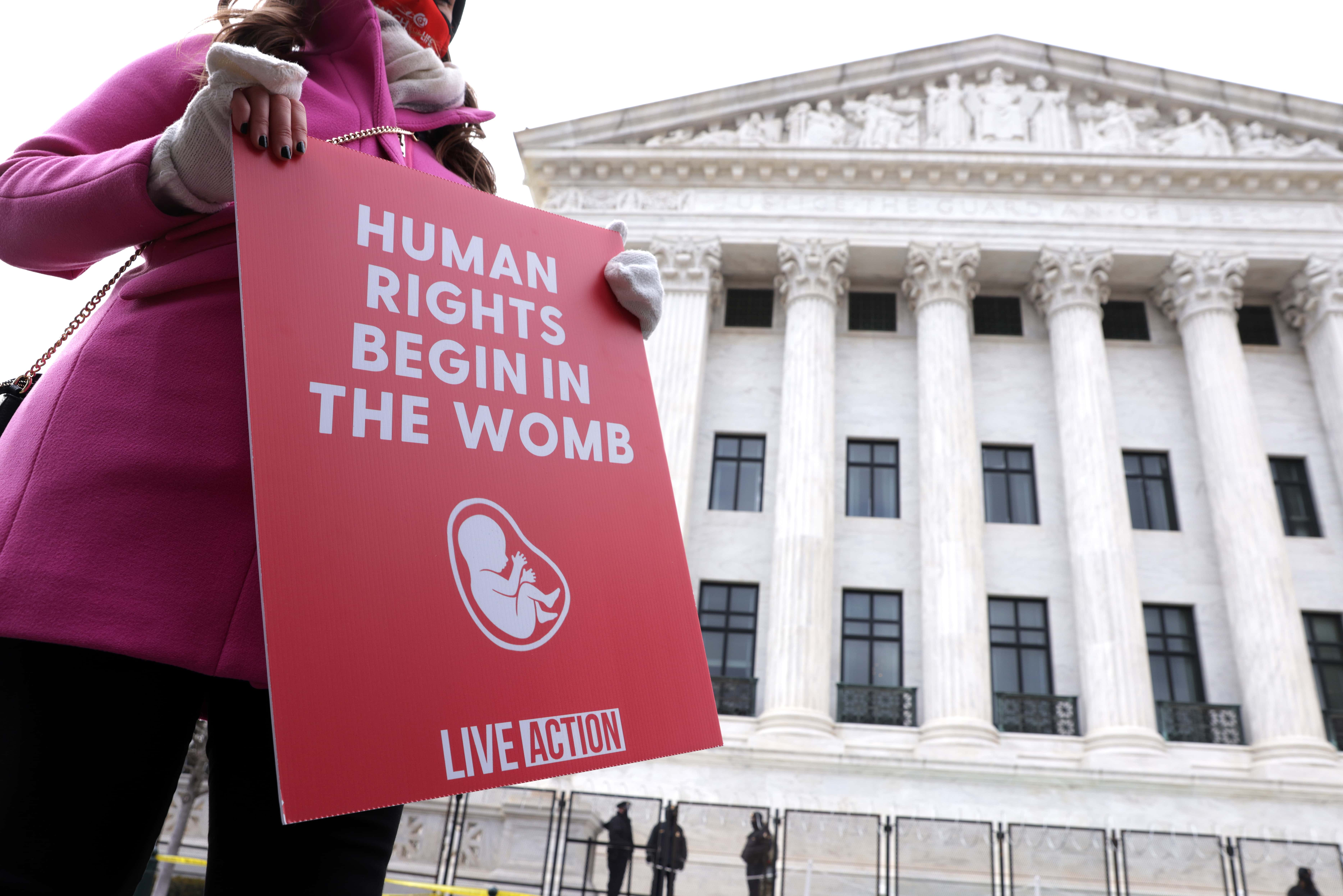Is this the end of Roe v Wade? Abortion loophole exploited by Texas for new law SB 8

When it comes to abortion, the 1973 SCOTUS case Roe v Wade is often cited as a major precedent. In 2021, it could be replaced though if conservatives have their way. From September 1 onward a new Texas law SB 8 goes into effect, which is perhaps the most stringent restriction on abortion since the 1973 ruling went into effect. Not only does it heavily restrict abortions in Texas, but it also makes it much harder for the government to be held accountable, in what is being dubbed a "novel" strategy.
Red states all across the US have been advancing more and more restrictive abortion laws since the election of Donald Trump, effectively making it illegal for women to get abortions, even in desperate cases. In February 2020, Iowa signed into law a bill that bans abortions as soon as a fetal heartbeat is detected. In March 2020, Alabama lawmakers proposed a law that would see doctors punished with up to 99 years for performing an abortion. Pro-choice protestors have been struggling to win the battle, with only one significant victory coming in 2020 against Louisiana.
RELATED ARTICLES
Who is Lynn Fitch? Mississippi AG asks SCOTUS to overturn landmark Roe v Wade case
The court is also expected to weigh in on a Mississippi law that bans abortion after 15 weeks but has surprisingly chosen not to address the Texas law. Otherwise, though, the nation's top court has often kept well away from the topic, often using Roe v Wade as a guide in the many years since. In light of the Texas law, we thought it best to revisit Roe v Wade, and see why exactly it remains a landmark to date.

What is Roe v Wade?
The 1973 ruling became the landmark for legalizing abortion all over the US, which also coincidentally has roots in Texas. The case was brought to the Supreme Court by Norma McCorvey, a mother of two who went by the pseudonym Jane Roe. In 1970, she became pregnant with a third child she wanted to abort but was denied by the state of Texas. She then launched a legal challenge, with Texas being represented by Henry Wade, the state Attorney General at the time.
A series of appeals, decisions, and challenges ended up with the case in front of the Supreme Court years later. The court ruled 7-2 that Roe could have the abortion and that the Texas law of the time was unconstitutional. They based that ruling on the Fourteenth Amendment, saying that the right to privacy extended to contraception, procreation, and abortion. That ruling has been used as the bedrock of legal arguments for abortion in the decades since, but one loophole has allowed it to slowly unravel in favor of more restrictive laws.
Justice Harry A. Blackmun wrote at the time, "This right is not unqualified and must be considered against important state interests in regulation." Basically, the decision meant states couldn't ban abortion outright, but they could make it harder, which is exactly what happened. In the years since, conservative states have passed laws banning federal funding for abortion, banning doctors from raising it as an option, requiring abortion to be tied to local hospitals, and restrictions on when an abortion can be done. Effectively, Roe v Wade made abortions a soft target indirectly, which states like Texas have now taken advantage of.

Texas’s anti-abortion law SB8
Under Texas' new law SB8, abortions are now illegal six weeks into pregnancy. This is significant because at that stage most women don't even know they are pregnant. The law also doesn't provide any exception for rape or incest, but does have a loosely defined exemption for "medical emergencies". Effectively, it bans abortion without banning abortion. A fetal heartbeat can be detected as early as six weeks, but only if a woman has planned the pregnancy. The law would outlaw around 85% of abortions currently sought in the state, according to some estimates.
However, it's not what's in the law that is causing such a stir, as is how it will be enforced. Rather than bringing punishment as a state, Texas is allowing private citizens to bring civil litigation, against doctors or even those who help in any way. That means a person who drove a woman to an abortion clinic or even provided financial assistance for the procedure could be slapped with a lawsuit by anyone. "The way the bill is structured incentivizes vigilante lawsuits that will harass abortion providers and those who support providing abortions in Texas," Adriana Piñon, an ACLU attorney told CNN.
Activists were hoping the Supreme Court would weigh in and ban the law, but it did not happen before the law went into effect. That means the Texas law could become a template for other GOP-controlled states, and be perfectly in line with Roe v Wade. The implications go even further. The law "manipulated the litigation process to prevent any judge from considering whether SB 8 is lawful," Vox reported, meaning it would be hard for a judge to rule against the law. Texas' law is the biggest challenge to Roe v Wade, and could soon make abortions effectively illegal in numerous states, putting women at risk. For the GOP, it's a big win since it is technically still legal under Roe v Wade.










